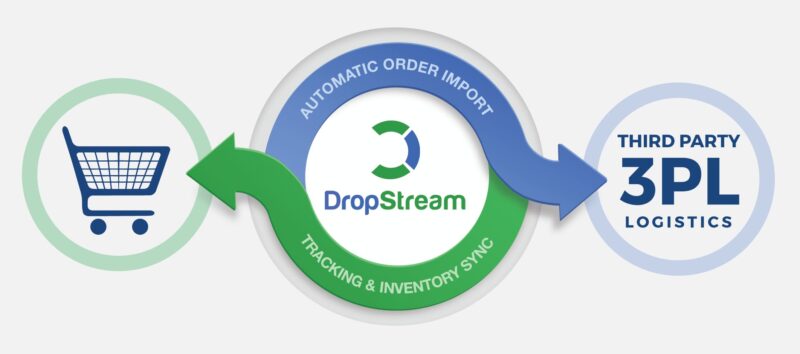Protecting the data in your organisation is a major challenge for all. With recent growing attacks, and security breaches like what happened at Sony, customer and company privacy issues have become a very important topic in the tech sector. These kind of breaches can cause significant financial impact on these companies. In case of Sony, estimated cost was expected to exceed $1 billion.
Damages from Attacks
Increased IT spending is just one financial expense incurred due to a data breach. Companies may also be subjected to additional costs such as providing credit monitoring services to affected customers and legal expenses arising from class action lawsuits and paying settlements. Soft costs in the form of bad publicity and loss of trust are also a factor.
There are numerous factors that affect the companies who suffered a data breach. It was seen that retailers who were affected, lost consumer trust which brought down the sales. Target for instance after a data breach in 2013, sales went down a staggering 46 percent during the crucial holiday shopping season. Some files on the network may get damaged or compromised, that may result in temporary or permanent loss of information. According to The Ponemon Institute, the costs associated with business interruption and lost productivity account for 38 percent of all external costs of a data breach. That figure has increased 7 percent over the past five years. Sony for instance had their network completely shut down for five days.
How to survive a breach?
Lot of experts believe that both the number of incidents and the cost of dealing with data breaches will increase in coming years. To combat these attacks, businesses must respond with a heightened awareness of cyber security as well as increased spending on enterprise security as needed. High-level executives should be designated to lead security and certified security experts should be hired. A team of highly qualified system and network administrators should be supporting these high-level executives to prevent any security breaches. These should be among the best practices for stronger IT security in 2015 and beyond.
Growing need of IT Security Experts
The growing threat of data breaches means that it’s more important than ever for companies to hire IT staff with security expertise. Moreover, new skill sets are emerging and evolving in response to the changing security environment. With increasing threats, budgets for data security is also rising and it is expected that these will continue to rise in coming years.
Improve Your IT Workforce
Companies are now consistently adding new IT talent to their workforce every day. With the increase in demand for tech workers, expanding your team is very crucial. With offshore staffing solutions, it can be made sure that you connect with exceptional professionals. With offshoring, we can improve service levels and get access to skills not available within the organization. As businesses grow to meet new security challenges, several skills set and jobs have increased in demand. Companies have realized the importance of data on the network and hence demand for Network administrator jobs have also increased. Security and Network administrators can make sure that array of security concerns are addressed. implementing network security policies to monitoring network usage, this key position protects the network from unauthorized access and resolves access issues. Apart from these demand for Data Security Analyst, Application Security Analyst, HIPAA Security Analyst, Data Security Manager, IS Security Manager, etc have also seen emerging.
These skills set can be expensive for organizations to hire and maintain. An average salary of an IT Manager in the US is $80, 000. Added to this are costs for recruitment, additional company benefits and on-going training to keep their skills up to date. For most smaller businesses, an in-house IT specialist is a luxury that they simply cannot afford. Hence to save costs, a lot of organisations are getting inclined towards IT support outsourcing. A global network of outside contractors, outsourcing partners, vendors, strategic partners and other non-traditional workers can maximize the potential of both contractors and permanent employees, increasing the company’s agility and access to valuable talent.
And finally, the more the technology advances, the more the threat will arise. So to meet these challenges, businesses should regularly evaluate and update their security strategies and practices.





